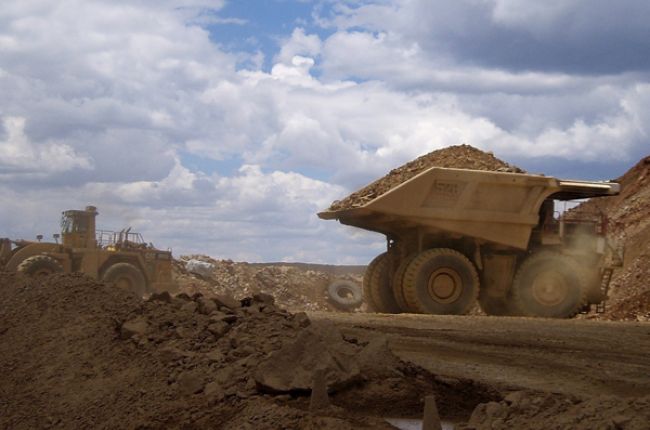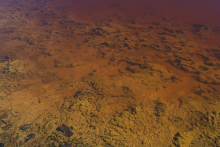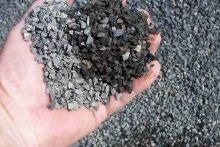
There are four main mining methods: underground, open surface (pit), placer, and in-situ mining.
- Underground mines are more expensive and are often used to reach deeper deposits.
- Surface mines are typically used for more shallow and less valuable deposits.
- Placer mining is used to sift out valuable metals from sediments in river channels, beach sands, or other environments.
- In-situ mining, which is primarily used in mining uranium, involves dissolving the mineral resource in place then processing it at the surface without moving rock from the ground.
The method used depends on the type of mineral resource that is mined, its location at or beneath the surface, and whether the resource is worth enough money to justify extracting it. Each mining method also has varying degrees of impact on the surrounding landscape and environment.
Learn More
- Metal Mining and the Environment (Booklet), American Geosciences Institute
Provides basic information about the mining cycle, from exploration for economic mineral deposits to mine closure. The booklet discusses the environmental aspects of metal mining and illustrates the ways science and technology assist in preventing or reducing environmental impacts
- Coal Mining and Transportation (Webpage), U.S. Energy Information Administration
Webpage describing different methods used for mining, processing, and transporting coal.
- Uranium: How is it Mined? (Webpage), New Mexico Bureau of Geology & Mineral Resources
Webpage describing the three main methods used to mine uranium: open-pit, underground, and in-situ leaching.
- What is Placer Gold Mining? (Webpage), National Park Service
Webpage describing the process and history of placer mining for gold




